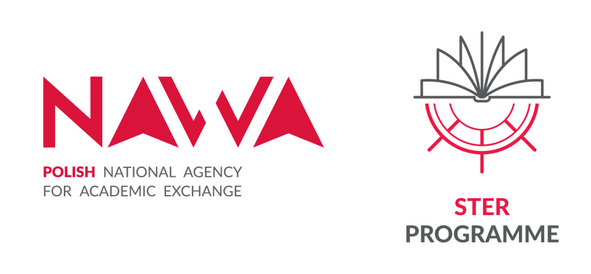1. Corrosion monitoring of petrochemical installations
1.1. The research area concerns new corrosion monitoring systems in petrochemical installations. The classical measurement techniques allow mainly determination of the general corrosion rate, however, a significant number of corrosive attacks in the petrochemical industry causes material degradation, which leads to sudden cracking. The consequences of sudden failures are very serious, common NDT tests of the structure of construction materials do not allow reduction of the risk of failure at an early stage of degradation. The conducted research is aimed at monitoring of the structural degradation of materials as a result of the influence of an aggressive chemical environment using the on-line method. Research is conducted on the basis of bilateral agreements and projects related to financing research in the petrochemical industry.
1.2. Nature of research: experimental, theoretical, technology development.
1.3. Keywords: corrosion monitoring, corrosion damage, petrochemical industry.
2. Electrochemical cells and fuel cells diagnosis and monitoring
2.1. With the introduction of fuel cell systems and electrochemical cells for mobile or stationary applications to the global market, there is a growing need to test, characterize and monitor their performance. Fuel cells, fuel cell stacks, fuel cell systems, fuel cell components and other electrochemical cells require sophisticated test analyses to assess the impact of their construction, working parameters, or the type and purity of the fuel supplied on their performance. Unfortunately, the currently available standard testing methods do not allow for their unambiguous and complete characterization. Interpreting test results requires an extremely in-depth understanding of the interactions of materials and components within cells. The implementation of the proposed dynamic spectroscopic methods allows for a more comprehensive understanding of their causes, which may directly increase the efficiency of the tested devices and optimize their operating parameters.
2.2. Nature of the research: experimental, technology development, theoretical.
2.3. Keywords: fuel cell, electrochemical cell, diagnosis, monitoring, optimization, efficiency.
3. Biohydrogen generation and anaerobic digestion
3.1. Lignocellulosic biomass occupies a key position among renewable resources and is a promising material for the production of second generation biofuels, including biohydrogen. The sources of this type of biomass are wood residues, forest and paper industry residues, various paper waste, as well as agricultural residues, such as cereal straw, corn cobs, potato haulm, leaves, and residues from sugar beet and sunflower oil extrusion. Research is carried to develop an effective method of pretreatment of lignocellulosic biomass, aimed at depolymerization of the sugar fraction present in the biomass in order to increase the efficiency of anaerobic processes aimed at the production of biohydrogen. At the same time, methods for the management of waste and sewage generated during the process and for the recovery of by-products that can be used in the preparation of green solvents are developed.
3.2. Nature of the research: theoretical, experimental.
3.3. Keywords: biohydrogen; anaerobic digestion; pre-treatment; biofuels; biomass
4.Technologies for green hydrogen
4.1. The conducted research is a response to the need to search for new, ecological and safe methods of hydrogen production, storage and transport. An alternative to storing and transporting hydrogen in compressed or condensed form is chemical bonding in the form of hydrogen carriers. Scientific research conducted in this area includes the development of technologies for obtaining and storing hydrogen in the form of a chemical carrier of hydrogen with the use of the currently existing infrastructure of the chemical industry and green energy. The conducted research covers technological issues and works on improving the properties of currently available catalysts. The research is conducted and financed as part of the implementation of national and international research grants and in cooperation with industrial partners and foreign centers.
4.2. Nature of research: experimental theoretical, technology development
4.3. Keywords: catalysts, reforming, hydrogen carrier, methanol, waste plastics


